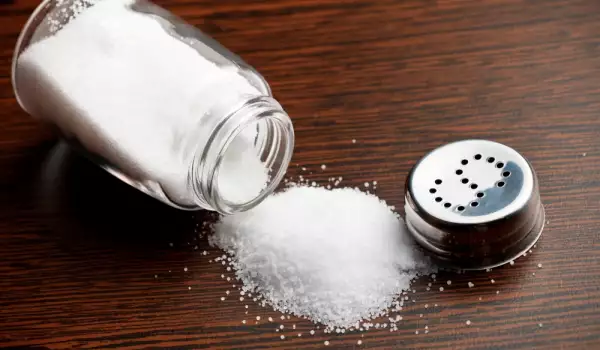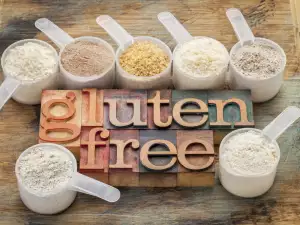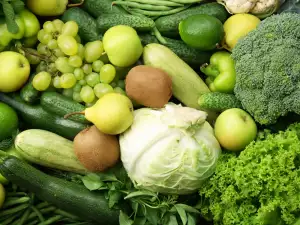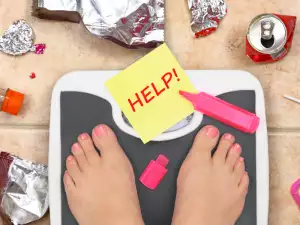Sodium compounds are found in the earth's crust, sea water, in the form of an impurity that tends to color rock salt blue due to the action of radiation.
Sodium is a soft ductile alkali metal, silvery white in color and shiny when cut (sodium can be cut with a knife). When pressure is applied, it turns into a transparent red substance, crystallizing at normal temperature. When it interacts with air, it quickly oxidizes, which is why it is necessary to store sodium under a layer of kerosene.
How sodium works on the human body
Sodium has a huge effect on the human body. It ensures water-salt balance in the cells of the body. Digestion is impossible without sodium in our body, and excretory processes are also impossible without the participation of sodium. This chemical element helps to balance the heart rhythm. With the help of sodium, useful substances in the human body are transferred from cell to cell. For example, sodium carries blood sugar to every cell in our body. It also ensures the normal functioning of the nervous system.
The properties of sodium useful for the body are:
- Normalization of water-salt metabolism;
- Activation of salivary and pancreatic enzymes;
- Participation in the production of gastric juice;
- Maintenance of normal acid-base balance;
- Generation of functions of the nervous and muscular system;
- Vasodilator effect;
- Maintaining the osmotic concentration of the blood.
The daily need for sodium for adults is 550 mg, for children and adolescents - 500-1300 mg. During pregnancy, the sodium requirement per day is 500 mg, and in some cases (profuse sweating, dehydration, intake of diuretics) should be increased.
Foods with sodium

Sodium is found in almost all seafood, fish, chicken eggs, cereals (buckwheat, rice, barley, oats, millet), legumes (peas, beans), vegetables (tomatoes, celery, carrots, cabbage, beets), dairy products and offal.
Sodium absorption
Sodium is found in almost all foods, although most (about 80%) the body gets from table salt. Its absorption in the human body takes place mainly in the stomach and small intestine. Vitamin D improves sodium absorption, but excessively salty and protein-rich foods interfere with normal absorption.
Symptoms of sodium deficiency
Lack of sodium can be very bad for the human body. In many cases, it can lead to tissue dehydration, as a result of which the function of all internal organs deteriorates. Possible vomiting, nausea, memory impairment, mental disorders, apathy, tachycardia, various kidney diseases (oliguria, anuria). The lack of sodium greatly affects the functions of the heart, which is why a person develops diseases of the cardiovascular system, heart rhythm disorders.
Other symptoms of sodium deficiency
- dehydration;
- loss of appetite, loss of the ability to distinguish between tastes;
- vomiting, nausea;
- stomach cramps;
- formation of gases;
- dizziness, fatigue, mood changes;
- muscle weakness and spasms;
- skin rashes.
Symptoms of excess sodium

Just like a deficiency, excess sodium can also be dangerous to human health. In the case of increased salt intake and processed foods with added salt, fluid retention occurs in the body. This, in turn, leads to the formation of swelling, dark circles, bags under the eyes, sometimes cramps. The person becomes irritable, nervous. There is an additional load on the heart, blood pressure increases. High sodium intake in the form of salt will also deplete potassium, calcium and magnesium stores. That's why sodium-rich foods should be consumed, but in moderation.
Symptoms of excess sodium are:
- swelling;
- intense thirst;
- diseases of the heart and blood vessels (possible stroke);
- kidney diseases, hypertension;
- ascites - presence of free fluid in the abdominal cavity
- allergic reactions.
Statistics show that people consume more sodium with food than they should. Therefore, very often there is an excess, not a lack, of sodium.




















Comments